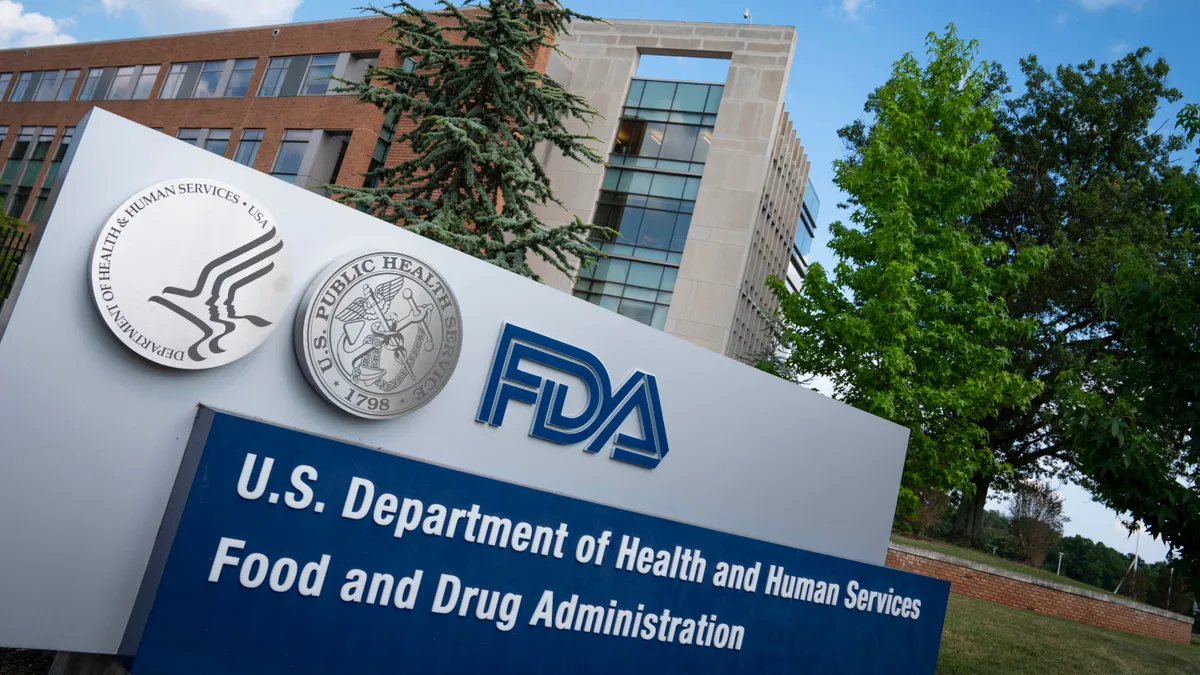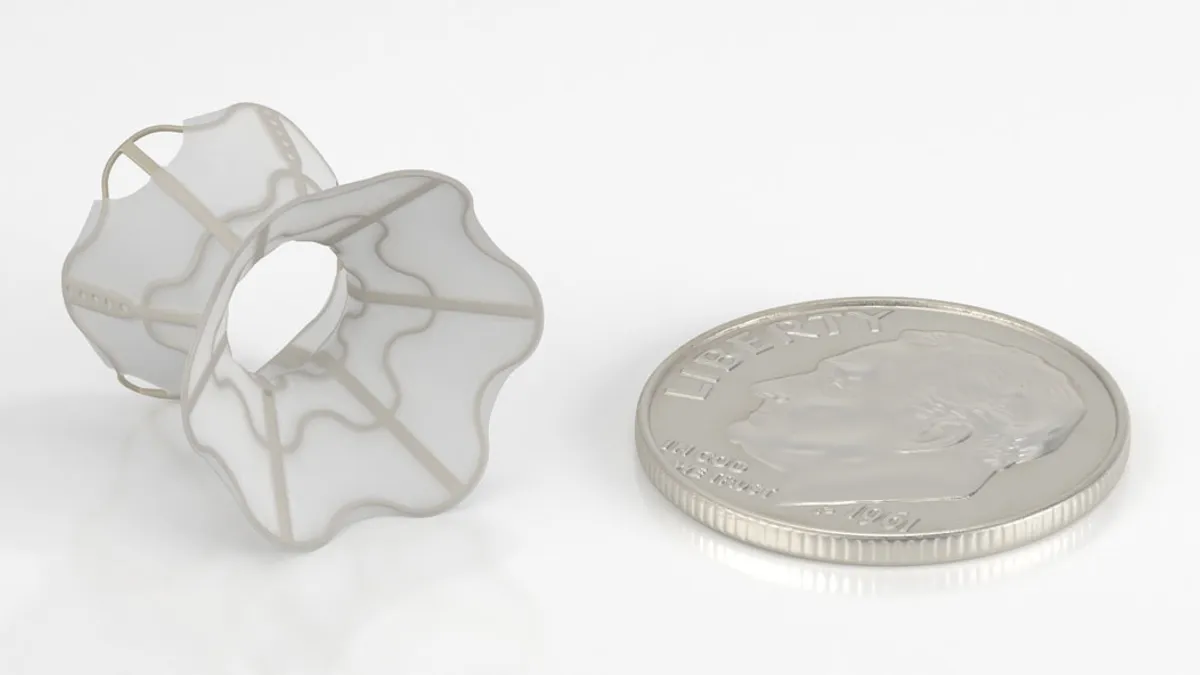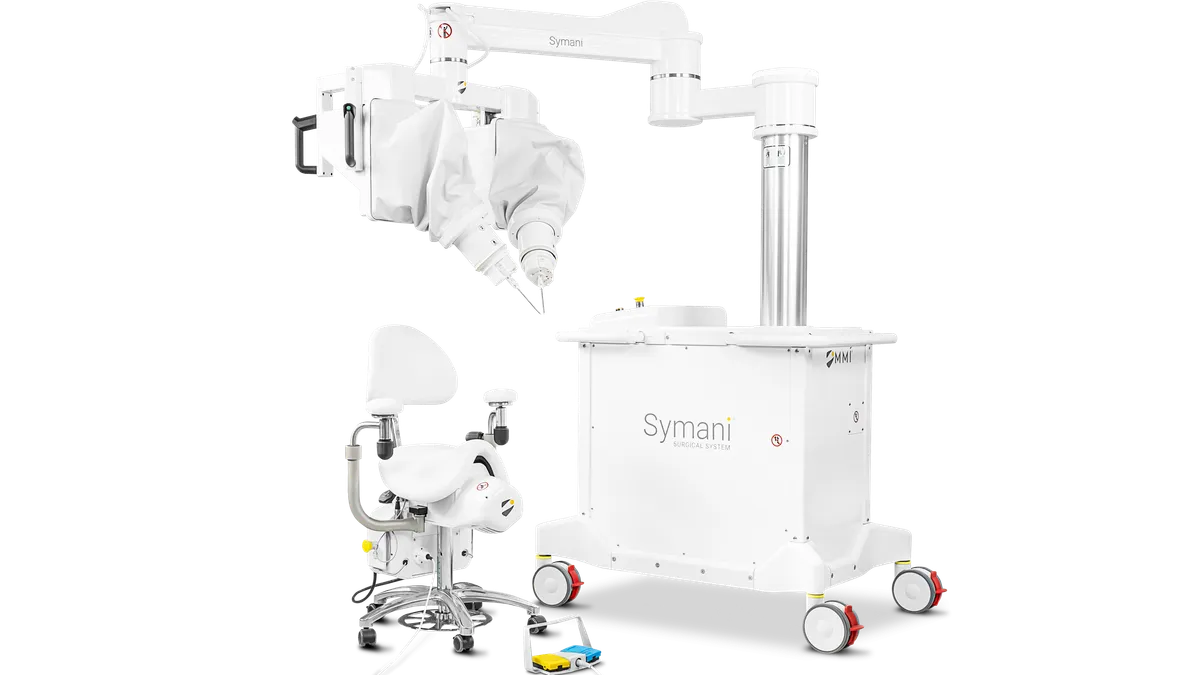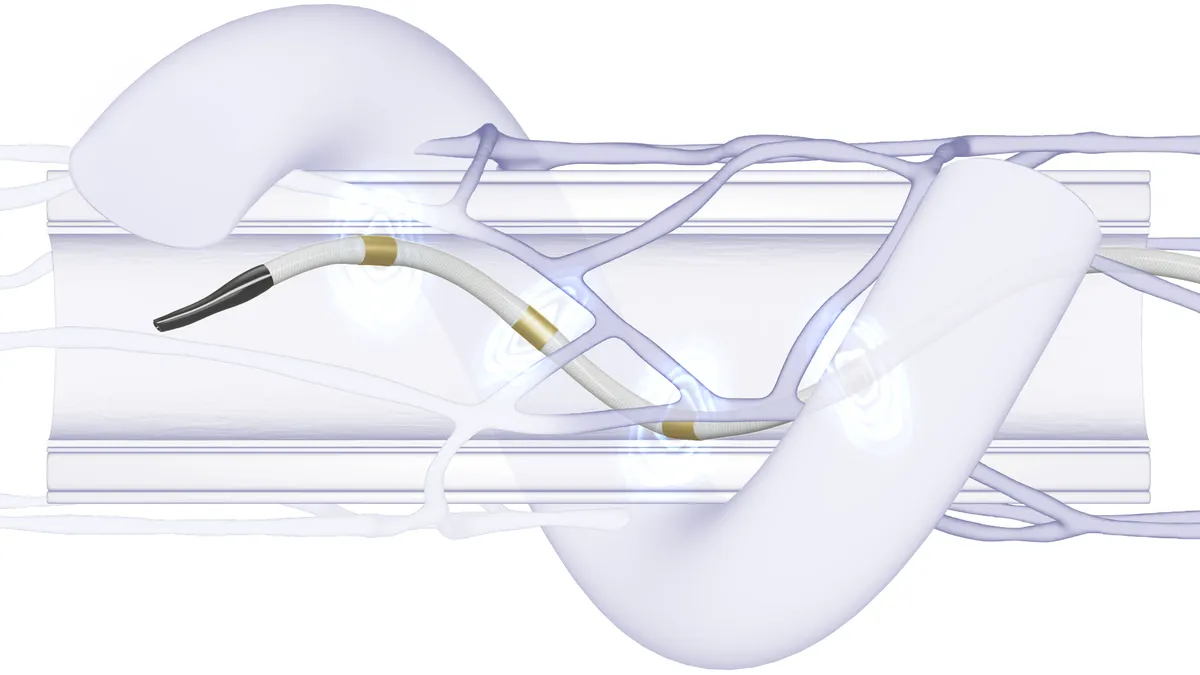The Food and Drug Administration on Friday authorized COVID-19 booster shots for all vaccinated Americans over 18, a move that's meant to stem a rise in coronavirus infections that's expected to accelerate this winter.
The regulator cleared a third shot of Pfizer and BioNTech's or Moderna's vaccines for adults who completed a two-dose regimen of either at least six months ago, significantly expanding the number of people eligible for a booster in the U.S.
Pfizer had initially sought broad clearance of an additional dose in all adults back in August. But the FDA, with input from outside advisers, granted a narrower authorization for older adults and those at higher risk of COVID-19 due to their health or job. Moderna received a similarly limited authorization for its booster shot last month.
The FDA's review this time was extremely quick, with the agency reaching a decision only ten days after Pfizer and BioNTech submitted a new request for broad authorization. Moderna only just asked the FDA for a similarly broad clearance, according to a brief statement put out by the biotech Wednesday.
"The FDA has determined that the currently available data support expanding the eligibility of a single booster dose of the Moderna and Pfizer-BioNTech COVID-19 vaccines to individuals 18 years of age and older," said Peter Marks, head of the FDA office that reviews vaccines, in a statement. "Streamlining the eligibility criteria and making booster doses available to all individuals 18 years of age and older will also help to eliminate confusion about who may receive a booster dose and ensure booster doses are available to all who may need one."
Friday's decision come as at least 10 states, including California, Massachusetts and Colorado, have already begun making booster shots eligible to healthy adults, concerned about waning vaccine protection and a rise in infection rates.
Though coronavirus cases and deaths have fallen since their recent peak over the summer, cases are still at high levels and have recently begun to climb again. Nearly 100,000 infections and 1,500 deaths were reported on Tuesday, according to the Centers for Disease Control and Prevention, numbers that experts and health officials fear could increase further as it gets colder and more people gather indoors. Several European countries are reporting record numbers of cases.
Though unvaccinated people are more likely to catch and spread the coronavirus — and are far more likely to become hospitalized or die from COVID-19 — vaccinated individuals can still transmit the virus, too. Boosters are viewed as one way to thwart breakthrough infections and lower the severity of any future surge.
Since the FDA meetings in September and October that led to the limited authorizations, more supportive evidence has accumulated showing an additional shot can restore strong protection against COVID-19.
A large study from Pfizer found a third dose was 96% effective against symptomatic disease compared to a placebo among people who had already received two shots. Real-world evidence from Israel and the U.K. has also bolstered the case for boosters, showing declining rates of infections and severe disease among all age groups after broad rollouts were implemented.
That data, however, wasn't reviewed this time by members of the FDA's advisory committee, several of whom have been skeptical of clearing boosters in younger age groups, citing their lower risk of severe COVID-19 and potential side effects. And the case for Moderna's booster relies heavily on immune response data, rather than efficacy findings from a randomized study.
Advisers to the CDC are scheduled to meet later on Friday to discuss the FDA's authorization.
One topic of discussion is likely to be a rare and typically mild type of heart inflammation that's been associated with both Pfizer's and Moderna's vaccines, particularly in younger men and teenagers. Other countries have reported higher risk of myocarditis among recipients of Moderna's vaccine and several European nations have paused its use in people 30 and younger.
There is no significant data available yet on whether the risk of myocarditis increases further after a booster dose. (Myocarditis is also associated with COVID-19.) The FDA recently extended its review of Moderna's shot in adolescents and teenagers, a group for which it's not yet authorized, to better understand the potential risk.
In its statement Friday, the FDA said it determined the benefits of a single booster shot outweigh the risk of myocarditis in adults over 18.
Moderna uses a higher dose than Pfizer, though its booster is half the strength of what's used for the first two doses.
About 30 million Americans have already received booster doses, mostly of Pfizer's and Moderna's vaccines, according to CDC data. Recipients of J&J's one-dose vaccine have been eligible for a second shot of any vaccine since last month.



















